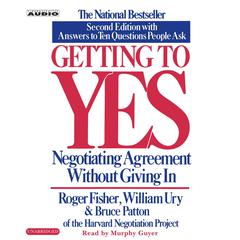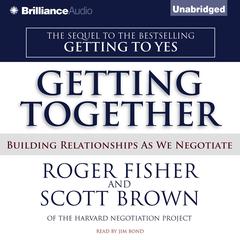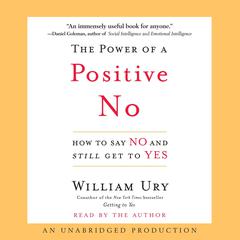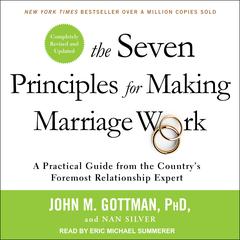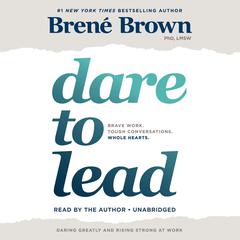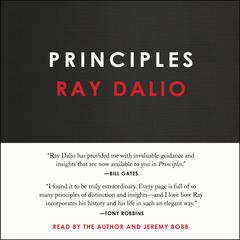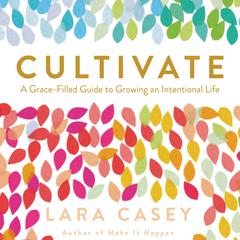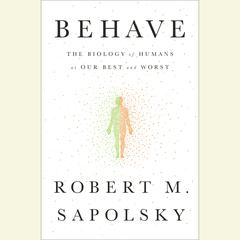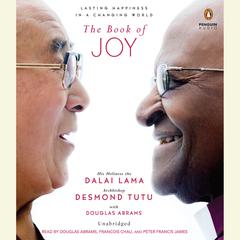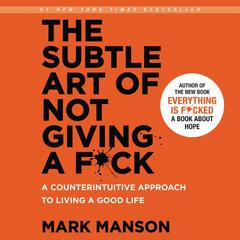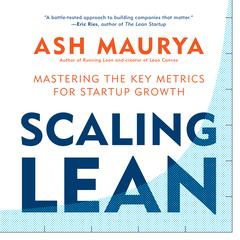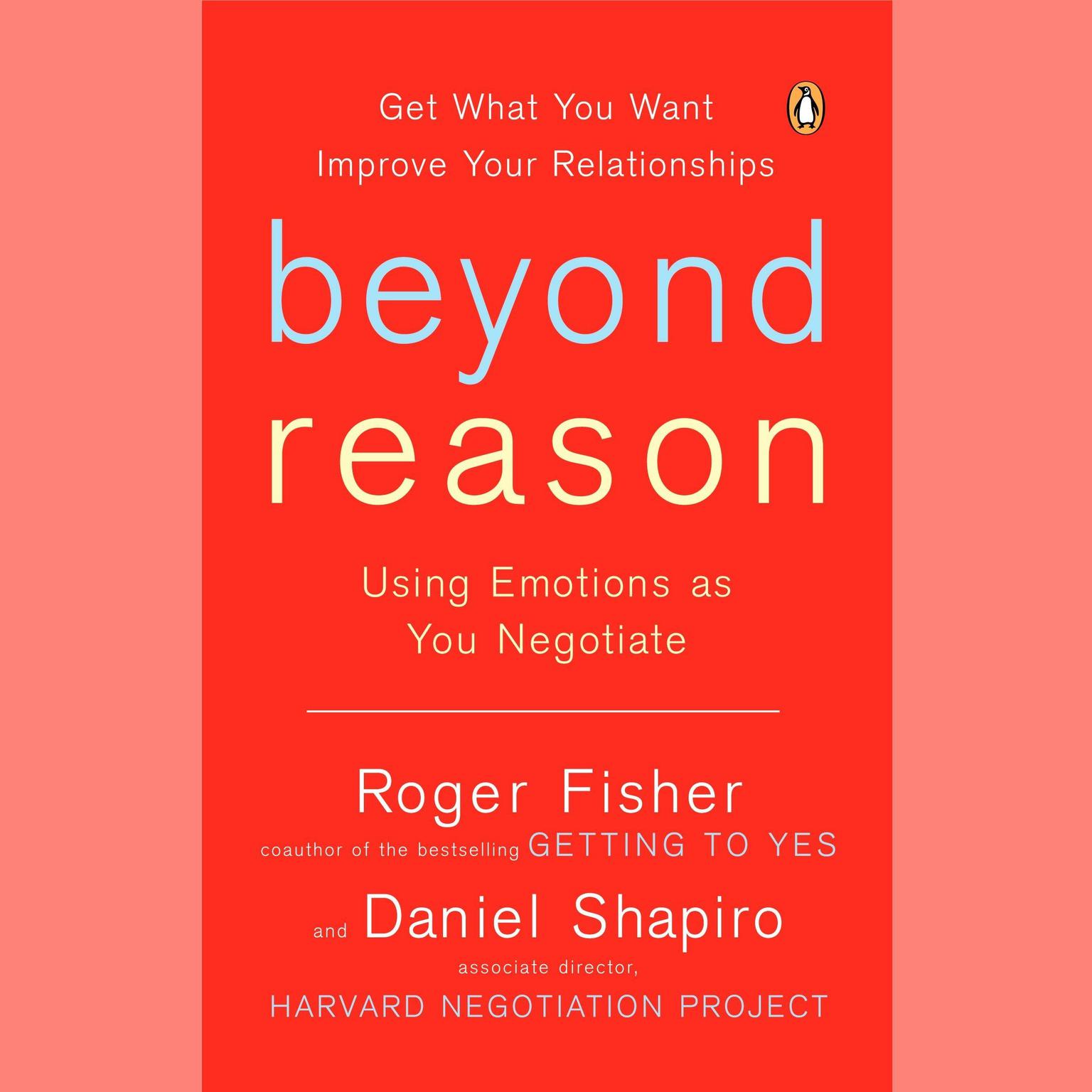 Play Audiobook Sample
Play Audiobook Sample
Beyond Reason: Using Emotions as You Negotiate Audiobook
 Play Audiobook Sample
Play Audiobook Sample
Quick Stats About this Audiobook
Total Audiobook Chapters:
Longest Chapter Length:
Shortest Chapter Length:
Average Chapter Length:
Audiobooks by this Author:
Publisher Description
In Getting to Yes, renowned educator and negotiator Roger Fisher presented a universally applicable method for effectively negotiating personal and professional disputes. Building on his work as director of the Harvard Negotiation Project, Fisher now teams with Harvard psychologist Daniel Shapiro, an expert on the emotional dimension of negotiation. In Beyond Reason, they show readers how to use emotions to turn a disagreement-big or small, professional or personal-into an opportunity for mutual gain.
Download and start listening now!
"When I was first assigned to this book, I assumed that it was a treatise against reason. However, the book's thesis is more complicated than that, because it advocates reason and emotion."
— Ke (4 out of 5 stars)
Quotes
-
“Written in the same remarkable vein as Getting to Yes, this book is a masterpiece.
— Dr. Steven R. Covey, author of The 7 Habits of Highly Effective People -
Powerful, practical advice. It will put your emotions to good use.
— Archbishop Desmond Tutu -
A must read for anyone who negotiates—which is to say for all of us.
— Elena Kagan, Associate Justice of the Supreme Court of the United States; former dean of Harvard Law School; and former associate counsel to the president -
A brilliant guide . . . Anyone who faces a difficult conversation, let alone a formal negotiation, can use this as a guidebook.
— Daniel Goleman, author of Emotional Intelligence -
Destined to take its place alongside Getting to Yes on innumerable bookshelves around the world.
— Howard Gardner, Harvard University -
An indispensable real-world guide for anyone. Roger Fisher and Daniel Shapiro have brilliantly detailed a methodical system for moving emotions in a constructive direction. The NYPD Hostage Negotiation Team faces some of the most high-stakes decisions every day. We regularly apply the skills of Beyond Reason to create the straightforward dialogue that resolves the vast majority of our hostage negotiations.
— Lt. Jack J. Cambria, commanding officer, NYPD Hostage Negotiation Team -
As the prosecutor of the International Criminal Court, I have to apply law to the world's most serious crimes. A real challenge is how to deal with people's emotions and to maximize the constructive impact of our work. Beyond Reason provides essential tools to understand how to develop solutions to even the most serious problem.
— Luis Moreno-Ocampo, chief prosecutor, International Criminal Court -
The perfect follow-up to Getting to YES . . . The book is both profound and easy to read, based on a wide range of research and firsthand experience in negotation. There is no interaction setting—public, professional, or personal, local, or international—where its recommendations will not be applicable.
— Elise Boudling, Dartmouth College -
Beyond Reason is exactly what we need now: a lucid, systematic approach to dealing with emotions, infused with a practical wisdom that will help you understand, enrich, and improve all your negotiations—and all your relations with fellow human beings.
— Leonard L. Riskin, director, Center for the Study of Dispute Resolution, University of Missouri-Columbia -
The resurgence of interest in emotions has broadened the impact of research on brain and behavior. Beyond Reason takes this to a new level, showing how emotions can positively and negatively affect the way managers and other negotiators approach their goals.
— Joseph LeDoux, author of Anxious, The Emotional Brain, and Synaptic Self -
Masters of diplomacy, Fisher and Shapiro of the Harvard Negotiation Project, build on Fisher's bestseller (he coauthored Getting to YES) with this instructive, clearly written book that addresses the emotions and relationships inevitably involved in negotiation.
— Publishers Weekly (starred review) -
This is one of those unusual works that is so carefully constructed and written that you may find yourself praising its common sense and nodding easily in concurrence. . . . It is a book to reflect upon and that belongs on every negotiator's reference shelf.
— The Negotiator Magazine -
In this valuable, clearly written book, the authors say good negotiations—in business as well as in personal or family situations—hinge on respect for others, but also respect for your own feelings.
— USA Today
Beyond Reason Listener Reviews
-
" This book changed how I perceive relationships and life in general. I would recommend it to anyone. "
— Tim, 11/26/2013 -
" Another reading for class -- this time, for Processes of International Negotiation. The classification of what triggers individuals in conversations was fascinating. "
— Roxanne, 10/6/2013 -
" Good business strategy resource. "
— Paul, 8/24/2013 -
" Very educational "
— Lianne, 8/20/2012 -
" I found this book to be another useful one to read for those interested in conflict resolution. "
— Jennifer, 6/3/2012 -
" Facinating discussion of how conflicts can be turned into opportunities. "
— Elaine, 8/23/2011 -
" Not as good as Getting to Yes but still useful -- particularly the discussion of "core concerns" and the latter section dealing with issues in conflict/negotiation. "
— Nathan, 7/27/2011 -
" I have the audiobook version of this book. It is hard to keep coming back to since it does not make for an interesting listen, but I am interested in the topic. "
— Nick, 5/18/2011 -
" Fills in the big whole of Getting to Yes--emotions in negotiation. In the mediation I do (neighborhood and victim/offender)managing emotions is most of the work. "
— John, 5/2/2011 -
" Helps one learn to use emotions as a tool in negotiating rather than a block to it. "
— Beneth, 9/7/2010 -
" This was one was recommended to me "
— Kiersten, 8/30/2010 -
" Enjoyed this book; good insights for dealing with people. It will take time to assimilate the recommended skills. "
— David, 8/29/2009 -
" This was one was recommended to me "
— Kiersten, 4/2/2009 -
" This book changed how I perceive relationships and life in general. I would recommend it to anyone. "
— Tim, 2/16/2009 -
" Fills in the big whole of Getting to Yes--emotions in negotiation. In the mediation I do (neighborhood and victim/offender)managing emotions is most of the work. "
— John, 2/19/2008 -
" Facinating discussion of how conflicts can be turned into opportunities. "
— Elaine, 12/27/2007 -
" Helps one learn to use emotions as a tool in negotiating rather than a block to it. "
— Beneth, 7/21/2007 -
" I have the audiobook version of this book. It is hard to keep coming back to since it does not make for an interesting listen, but I am interested in the topic. "
— Nick, 7/17/2007
About the Authors
Roger Fisher is a former professor at Harvard Law School and a negotiation and conflict management specialist. He is the author of Getting to Yes: Negotiating Agreement Without Giving In, Getting Ready to Negotiate, and International Conflict for Beginners. He is a former director of the Harvard Negotiation Project, an initiative to improve the theory and practice of conflict resolution and negotiation by working on real world conflict intervention.




